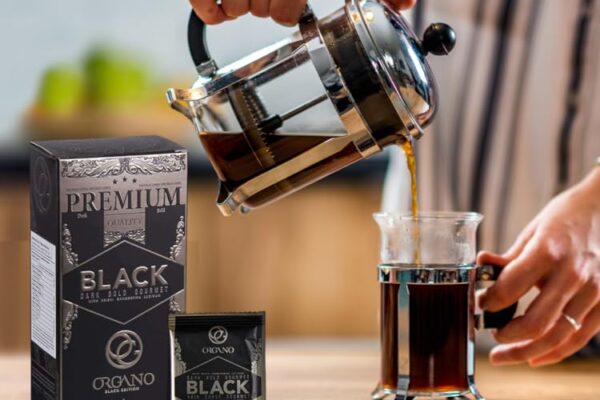Blog
How to Replace Coffee With Healthier Alternatives
No matter your coffee preference – flavor, energy boost or morning ritual – it can be hard to give up this favorite drink. But for many people it may be necessary or at least wiser to switch to healthier alternatives such as tea. There can be numerous reasons for giving up caffeine such as anxiety or excessive jitters; perhaps your doctor has suggested cutting back; or you might just be ready for something different!
Nowadays it is easier than ever to find nutritious and delectable coffee alternatives that still provide energy-enhancing properties, from herbal teas and matcha to yerba mate and moringa; many even come low or completely devoid of caffeine content!
If you’re not ready to give up caffeine completely, start slowly by switching over to decaf. Slowly decreasing your caffeine consumption through gradual addition of decaf and switching over to milder options like green tea or matcha could also help you ease off on its effects. To do this successfully and avoid headaches and irritability from caffeine withdrawal symptoms.
Green tea and matcha are fantastic alternatives to coffee because both contain antioxidants that promote mental wellbeing and increase energy. Both options come in loose leaf form as well as bottles for easy transport; hot or iced. If you’re feeling adventurous, “herbal coffee” could also be worth giving a try; its caffeine-free ingredients include chicory root with added ingredients such as ginseng and moringa for similar flavors and energizing effects without the adverse side effects associated with caffeine consumption.
Add some healthy fats to your replacement drink to slow the rate at which your body metabolizes carbohydrates in it and “bulletproofing” is an increasingly popular trend among people following ketogenic diets. Common choices of healthy fats for bulletproof coffee are coconut oil, MCT oil or ghee butter.



